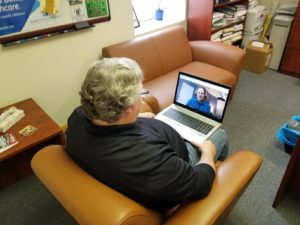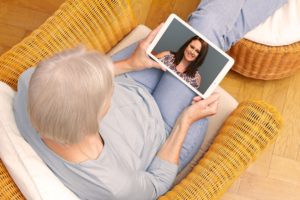Barbour Community Health Association to Vaccinate Seniors
Following Governor Jim Justice’s announcement regarding the COVID-19 vaccination, Barbour Community Health Association (BCHA) will begin administering vaccinations to seniors 80 years old and up. BCHA offices will begin contacting all 80+ aged patients to schedule a time to come in for the vaccine so there is no need for patients to call any BCHA office to set up an appointment.
The process will take a few weeks for offices to get through the patient list as BCHA is unsure when additional vaccines will be arriving. BCHA is working closely with the state and will continue to provide more information to our patients and communities when available.
BCHA is asking folks to be patient on being contacted about the vaccine and to not call offices regarding the vaccination. Large call volumes will stall emergency calls.
State health departments and medical clinics across are being given a limited supply of COVID-19 vaccine doses to be administered to those 80 and older per request from the governor.
The COVID-19 vaccine will help protect our communities from the disease that has killed approximately 350,000 Americans. The vaccines will provide immunity without the serious risks associated with getting infected naturally. The COVID-19 vaccines are designed to work with our immune systems so the body will be ready to fight the virus if we are exposed to the virus.
Health officials are still strongly encouraging people to wear masks and social distancing to help reduce the chance of being exposed to the virus or spreading it to others.
Medicare Made Simple: Your Guide to Understanding Healthcare
Medicare Made Simple: Your Guide to Understanding Healthcare Navigating the complexity of Medicare can be a lot. In this blog, we will break down
Barbour Community Project Assists Patients
Barbour Community Project Assists Patients It’s no secret that Barbour County is a close-knit community that Barbour Community Health Association (BCHA) is proud to
Healthy Eating Habits for Toddlers with Rachel Williams, MS
Healthy Eating Habits for Toddlers with Rachel Williams, MS As your baby becomes a toddler, he or she may begin to display some very



